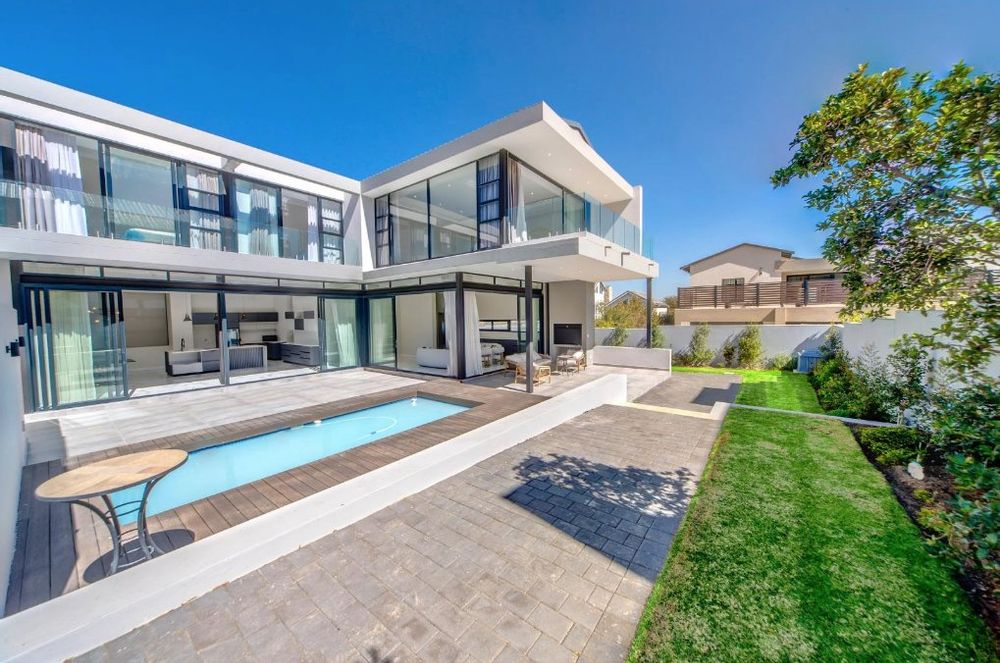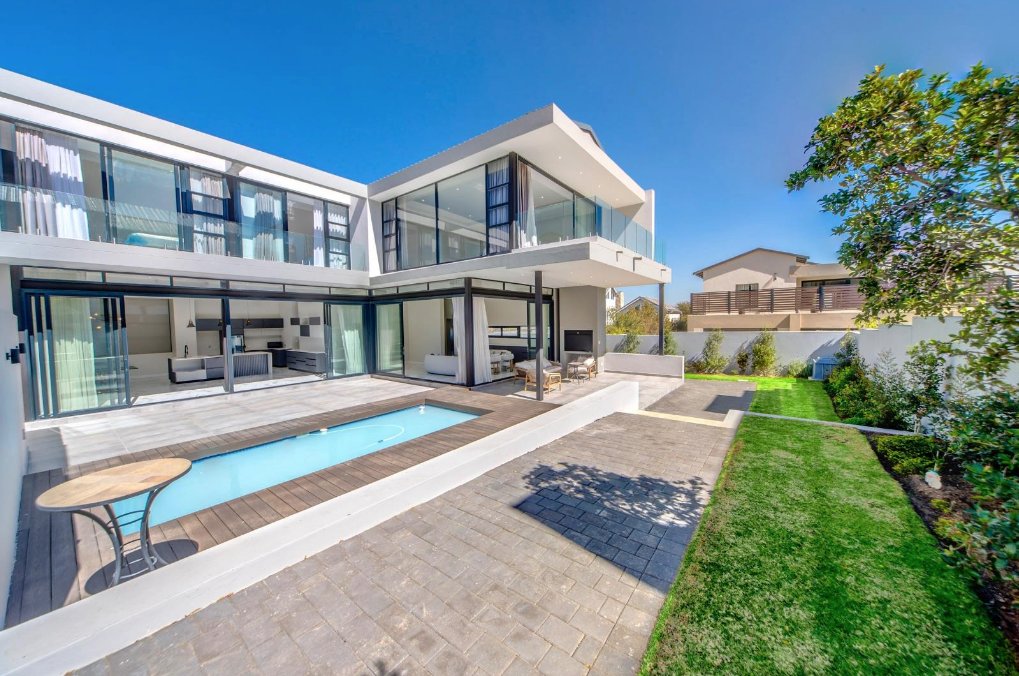What makes Waterfall different /Freehold vs Lease Hold
What are the practical and legal differences between the Waterfall Estate development Leasehold and the “traditional” South African, Freehold property developments?
Residential property in South Africa has traditionally been developed, predominantly as Freehold or Sectional title properties.
The land on which the Waterfall development was developed, belongs to the Waterfall Islamic Institute and for religious reasons the property cannot be sold. This challenge was addressed by developing Waterfall as a leasehold development.
Leasehold, as a form of ownership for immovable residential property, is much more common in Europe than in South Africa, but with the Waterfall City development, this is changing fast and Waterfall, although not necessarily the first, is the most prominent Leasehold Development in South Africa.
From a security of ownership and investment point of view, the Notarial cession (transfer) of the tenant’s 99-year leasehold rights, from the previous leaseholder (seller) to the new Lessee (Purchaser), is also registered against the title deed, in terms of the Deeds Registries Act, effectively providing the “purchaser” of the Lease, the same rights and protection through the deeds office registration process as the more traditional Freehold or Sectional title deeds.
Through the further automatic (and compulsory) extension of the lease on the sale of a property, back to the original 99 years, every time the property is “sold”, ownership effectively becomes unlimited, as each new owner’s lease, starts with a 99 years lease period again.
Due to the protection that has been built into the lease terms, as well as the automatic extension of the lease, the South African Banks now provide mortgage finance “bonds” for new property purchasers through Notarial bonds for transactions in the Waterfall developments, similarly to freehold or sectional title property purchases
Pros of Leasehold at Waterfall:
- Automatic Lease Renewal: With every sale, the lease period resets to 99 years, meaning ownership is effectively ongoing for successive buyers.
- Lower Transfer Duty: Significant savings in Transfer Duty compared to freehold transactions, which can save hundreds of thousands of rands (e.g., R677,600 on a property worth R8 million).
- Mortgage Financing: South African banks provide bonds for leasehold properties at Waterfall, similar to freehold or sectional title purchases, ensuring that financing is available.
Cons of Leasehold:
- No Ownership of Land: Buyers do not own the land itself but lease it, which might be unfamiliar to South African property buyers.
- Lease Extension Costs: Sellers must pay a fee (3% + VAT of the property’s market value) to extend the lease back to 99 years during the sale, adding to the cost of selling.
Costs and Process for Sale at Waterfall Estates
For the buyer, the following costs apply:
• Notarial Cession Fees: Roughly 0.8% of the purchase price, as per the legal tariff, paid to the seller’s conveyancers to transfer leasehold rights.
• Bond Registration Fees (if applicable): Standard fees for registering the mortgage bond.
For the seller, the key costs include:
- Lease Extension Consideration: 3% + VAT based on the sale price, paid to the Waterfall Islamic Institute, plus an additional 0.5% paid to the Waterfall Trust (no VAT).
- Lease Extension Attorney Fees: Around R15,500 plus VAT and disbursements, payable to the landlord’s attorneys.
- Electricity and gas clearance certificates
- COJ clearance certificate
- Levy clearance certificate
- Estate Agent Commission: Typically 5% + VAT on the sale price, of which 4% is paid to the estate agent and 1% to the Waterfall Management Company from the agent’s commission.
Special Considerations for Waterfall Equestrian Estate
The Waterfall Equestrian Estate operates under a slightly different set of rules compared to other Waterfall developments:
• Homeowners’ Association (HOA): It has its own HOA and approval process for architectural plans, building renovations, and upgrades.
• Different Lease Structures: There are two types of leases:
• 3.5% Lease Structure: Similar to the rest of Waterfall Estate, with a 3.5% extension cost and no significant differences in process.
• 10% Lease Structure: Requires either purchasing the remainder of the 99-year lease or renewing the lease at a cost of 10% of the market value.
It’s essential to confirm with your property practitioner which lease type the property you’re interested in falls under, as this will affect the costs and legal process during the sale.
Process for Cession and Lease Extension
Once a buyer’s bond is approved and all suspensive conditions are met, the seller’s conveyancer will begin the cession process:
1. Drafting Notarial cession documents for signature by the buyer and seller.
2. Obtaining payment guarantees for the purchase price and bond settlement (if applicable).
3. Requesting the original lease from the bank (if bonded) or owner.
4. Arranging clearance figures from the Waterfall Managing Company (rates) and HOA (levies).
5. Submitting transaction details for lease extension consideration.
6. Coordinating with bond cancellation attorneys, if applicable.
7. Obtaining lease extension documents from the landlord’s attorneys for signature.
8. Finalizing the transaction at the Deeds Office, registering the cession and lease extension, and ensuring payment of bond cancellation fees, lease extension fees, and estate agent commission.
Bond Registration:
• Once the bond is granted, the bank will appoint a bond registration attorney to work alongside the cession process. The bond attorney prepares the necessary documents for the purchaser, issuing payment guarantees to the seller’s conveyancer and coordinating simultaneous registration of both the bond and the lease cession. Watch our Podcast to learm more.


